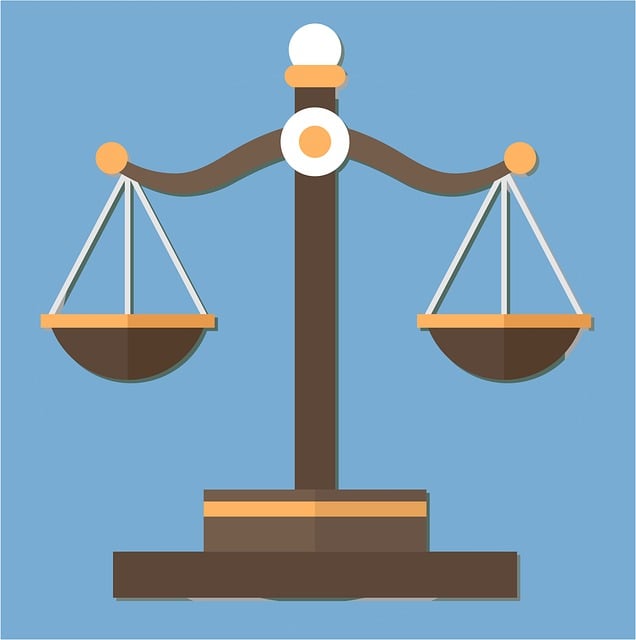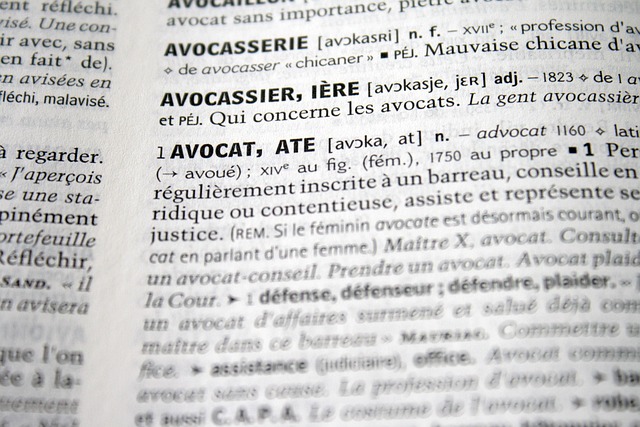RF Regulatory Agency investigations are crucial for maintaining RF standards, arising from complaints or proactive enforcement. Businesses must implement robust internal compliance programs and seek efficient legal counsel to navigate property ownership disputes, mitigating regulatory scrutiny. These disputes often involve ambiguous titles or boundary disagreements, requiring negotiation, evidence presentation, or legal arguments. RF agencies act as mediators, ensuring compliance with Wi-Fi and cellular tower regulations while promoting cooperative solutions. Specialized legal teams offer expertise in negotiating settlements, construing regulatory language, and defending against allegations, securing favorable outcomes in complex cases. Innovative legal strategies are vital for successful resolutions, as seen in a property ownership rights dispute where a creative approach prevented an indictment and established a precedent.
“Unraveling complex property ownership disputes is a critical aspect of the real estate sector, where RF Regulatory Agency Investigations play a pivotal role. This comprehensive guide delves into the intricacies of these investigations, offering a thorough understanding of their impact on legal proceedings. From identifying common causes—such as boundary disputes or hidden encumbrances—to exploring the strategic legal solutions that can prevent or resolve them, this article is your go-to resource. Discover how RF agencies facilitate conflict resolution and learn from real-world case studies, providing valuable insights into achieving successful outcomes for all stakeholders involved in Legal Solutions for Property Ownership Disputes.”
- Understanding RF Regulatory Agency Investigations: A Comprehensive Overview
- Common Causes of Property Ownership Disputes and Their Legal Implications
- The Role of RF Regulatory Agencies in Resolving Real Estate Conflicts
- Strategic Legal Solutions to Navigating Complex Property Disagreements
- Case Studies: Successful Resolutions Through Innovative Legal Approaches
Understanding RF Regulatory Agency Investigations: A Comprehensive Overview
RF Regulatory Agency Investigations are a critical aspect of ensuring compliance with radio frequency (RF) standards and regulations. These inquiries can arise from various sources, including complaints, industry initiatives, or proactive enforcement efforts. When an investigation occurs, it’s essential to understand the process and available legal solutions for property ownership disputes that may ensue. Businesses operating in this space, from telecommunications giants to smaller tech startups, must be prepared to navigate complex regulatory environments.
White-collar defense strategies play a pivotal role in managing high-stakes cases stemming from RF investigations. Companies should have robust internal compliance programs in place to mitigate risks and demonstrate their commitment to adhering to the respective business’s legal obligations. By proactively addressing potential issues and fostering a culture of ethical conduct, organizations can minimize the chances of regulatory scrutiny. This proactive approach, coupled with efficient legal counsel, ensures that any disputes related to property ownership or RF usage are resolved effectively, allowing businesses to continue operating seamlessly within the legal framework.
Common Causes of Property Ownership Disputes and Their Legal Implications
Property ownership disputes can arise from a variety of causes, each with its own legal implications. One common source is ambiguity in property titles, which may result from poor record-keeping or outdated documentation. Such uncertainties can lead to conflicting claims, requiring legal intervention to resolve. Another frequent issue involves boundary lines, where neighbors might disagree on the exact limits of their properties, causing tension and potential litigation.
These disputes often have significant legal ramifications, with outcomes ranging from mediation and arbitration to formal court proceedings. The goal for those involved is usually a fair and just resolution, which may involve negotiating settlements, presenting compelling evidence, or constructing strong legal arguments. Winning challenging defense verdicts or achieving complete dismissal of all charges are potential outcomes that can bring closure and restore peace among philanthropic and political communities.
The Role of RF Regulatory Agencies in Resolving Real Estate Conflicts
RF Regulatory Agencies play a pivotal role in resolving real estate conflicts, serving as arbiters in legal solutions for property ownership disputes. They possess the authority to investigate and enforce regulations related to radio frequency (RF) emissions, which can often be at the heart of such disagreements. When neighbors or stakeholders dispute the use or impact of RF signals on their properties, these agencies step in to ensure compliance with established standards. By conducting thorough investigations, they assess the validity of concerns regarding interference, privacy invasions, or health risks associated with RF technologies like Wi-Fi and cellular towers.
Through their expertise and oversight, RF Regulatory Agencies offer a neutral platform for resolving these disputes. They facilitate dialogue between respective business entities and homeowners, encouraging cooperative solutions that meet both legal requirements and community needs. By achieving extraordinary results in these cases, the agencies demonstrate their commitment to maintaining a harmonious balance between technological advancements and the peaceful enjoyment of private property.
Strategic Legal Solutions to Navigating Complex Property Disagreements
Navigating complex property ownership disputes often requires strategic legal solutions tailored to unique circumstances. When RF Regulatory Agency investigations ensue, understanding the intricacies of regulatory law becomes paramount. Legal professionals play a crucial role in guiding clients through high-stakes cases, ensuring their rights and interests are protected at every stage of the investigative and enforcement process.
With an unprecedented track record of success, specialized legal teams offer expertise in negotiating settlements, construing regulatory language, and defending against allegations. Their deep knowledge enables them to develop creative strategies that address specific challenges posed by RF Regulatory Agency investigations, ultimately securing favorable outcomes for clients involved in these intricate property disputes.
Case Studies: Successful Resolutions Through Innovative Legal Approaches
In many cases, RF Regulatory Agency investigations lead to complex legal challenges, where innovative solutions are key to successful resolutions. One such example involves a dispute over property ownership rights. A client faced an impending indictment for alleged non-compliance with regulatory guidelines regarding his real estate holdings. Recognizing the potential impact on his philanthropic and political community endeavors, he sought legal counsel that could navigate this intricate matter.
The legal team employed a strategic approach, combining in-depth knowledge of RF regulations with creative advocacy. They presented a compelling argument based on prior case law and interpreted regulatory language in a manner beneficial to their client. This unique legal solution not only avoided indictment but also set a precedent for future cases involving similar circumstances, demonstrating the power of thoughtful and inventive legal strategies in resolving high-stakes disputes.
RF Regulatory Agency Investigations play a pivotal role in resolving complex property ownership disputes, offering crucial legal solutions. By understanding common causes, leveraging agency expertise, and employing innovative approaches highlighted in case studies, individuals can effectively navigate these challenges. Embracing strategic legal strategies ensures fair resolutions, streamlining processes and fostering peaceful outcomes for all parties involved in such intricate real estate conflicts.






